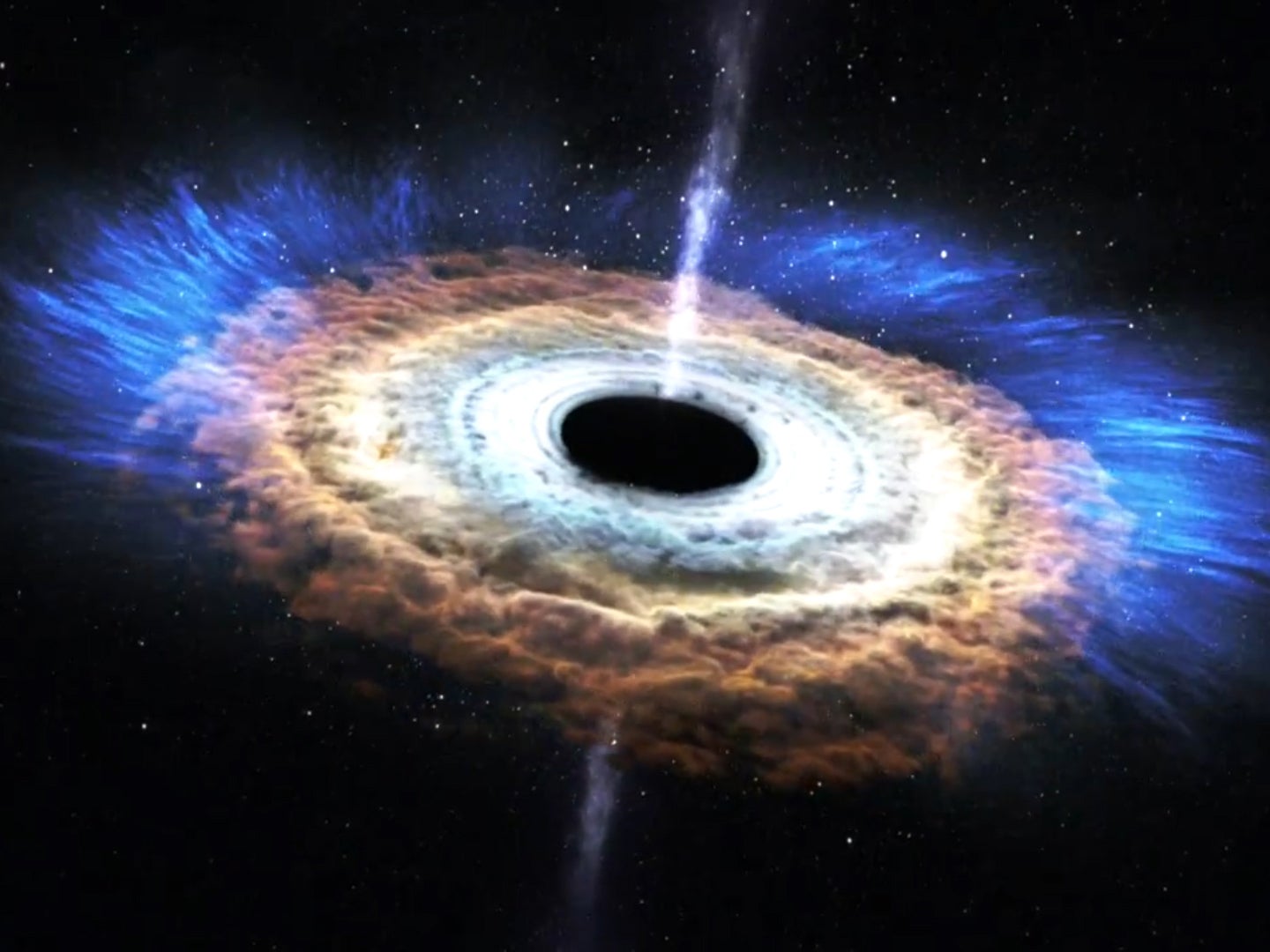Gravitational waves: Scientists might be about to announce detection of 'ripples in the fabric of spacetime'
If Einstein’s prediction is found to be true, the ripples could give us a look at some of the most distant parts of the universe

Your support helps us to tell the story
From reproductive rights to climate change to Big Tech, The Independent is on the ground when the story is developing. Whether it's investigating the financials of Elon Musk's pro-Trump PAC or producing our latest documentary, 'The A Word', which shines a light on the American women fighting for reproductive rights, we know how important it is to parse out the facts from the messaging.
At such a critical moment in US history, we need reporters on the ground. Your donation allows us to keep sending journalists to speak to both sides of the story.
The Independent is trusted by Americans across the entire political spectrum. And unlike many other quality news outlets, we choose not to lock Americans out of our reporting and analysis with paywalls. We believe quality journalism should be available to everyone, paid for by those who can afford it.
Your support makes all the difference.Scientists could be about to announce that they have observed gravitational waves, or ripples in the fabric of spacetime, in a discovery that could completely change our understanding of the universe.
Gravitational waves were first predicted by Einstein 100 years ago, but have never been directly observed. If rumours about an announcement this week are true, then they may have been seen in a vindication of Einstein’s theory.
Scientists working with the Laser Interferometer Gravitational-wave Observatory (LIGO) system, which was built to detect the tiny vibrations that passing gravitational waves can give off, are to host an event giving an “update on the search” this week. The event is widely-rumoured to be hosting the announcement that those ripples have been discovered for the first time.
If the waves were detected they would offer a way of looking into the furthest and oldest reaches of the universe. The waves are thrown out from places like black holes from the beginning of time, and studying them could offer an insight into that early and strange universe.
Einstein predicted them a hundred years ago, and work that followed showed that they must exist. But nobody has seen them.
Rumours have been swirling about the detection for weeks. Last month, a scientist away from the project said that it had been confirmed that the waves had been discovered and that an announcement would be forthcoming.
The invitation to the press is vague and offers few hints at what exactly the scientists will announce. It only says that the team will “update the scientific community” and give a “status report”.
“This year marks the 100th anniversary of the first publication of Albert Einstein's prediction of the existence of gravitational waves,” the release notes. “With interest in this topic piqued by the centennial, the group will discuss their ongoing efforts to observe gravitational waves.”
The event will be hosted on Thursday afternoon UK time, at the National Press Club in Washington DC.
Join our commenting forum
Join thought-provoking conversations, follow other Independent readers and see their replies
Comments